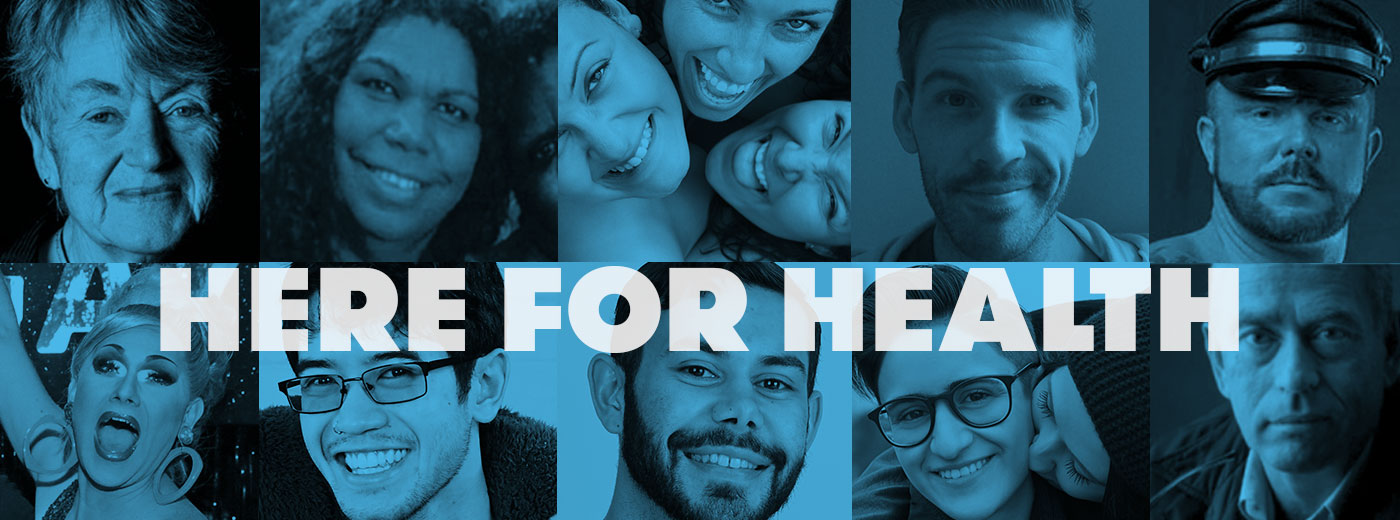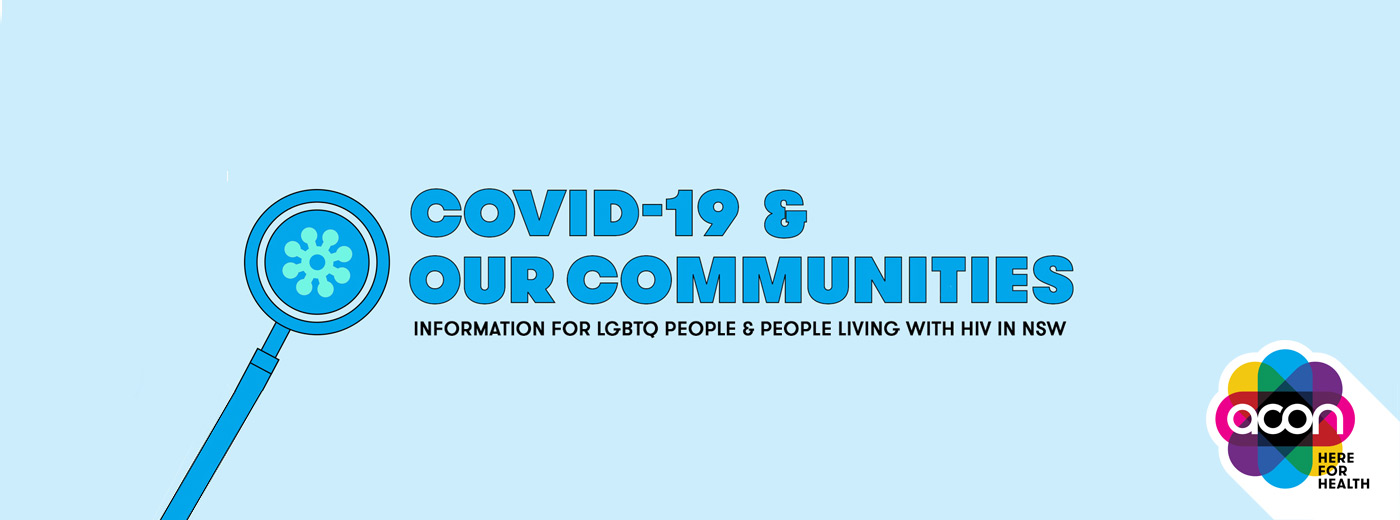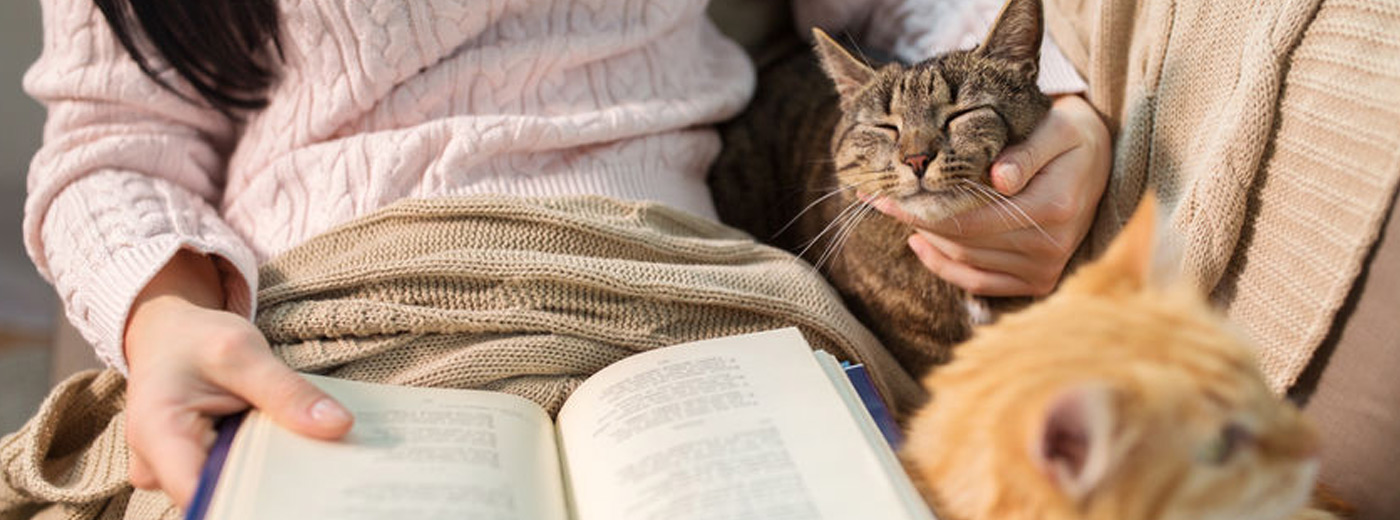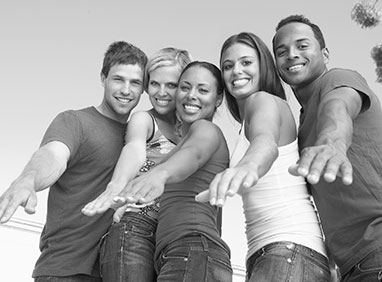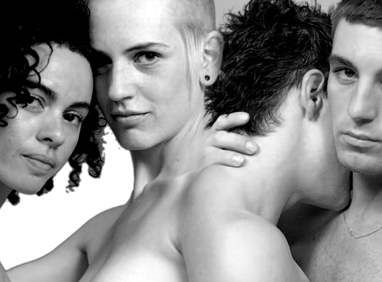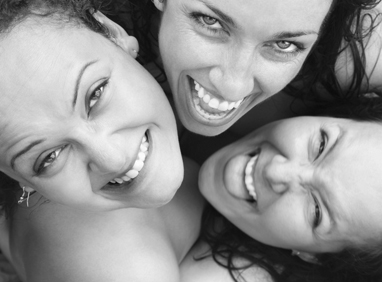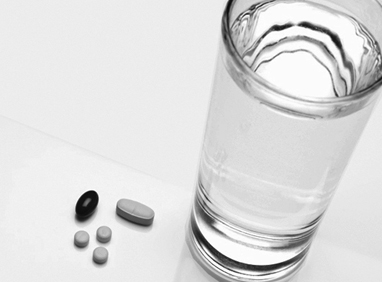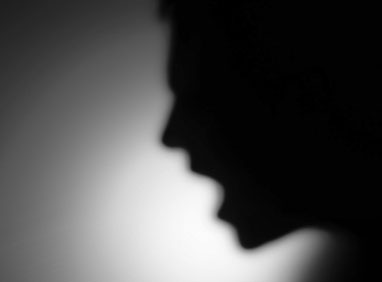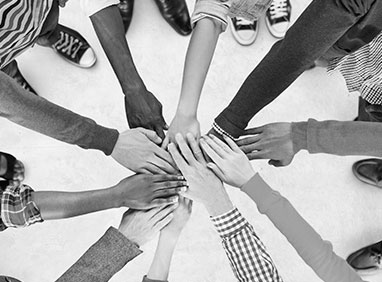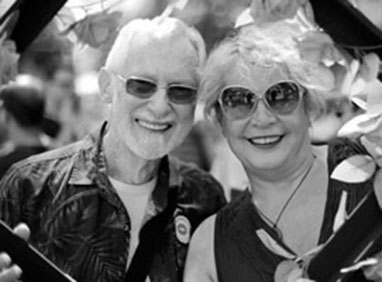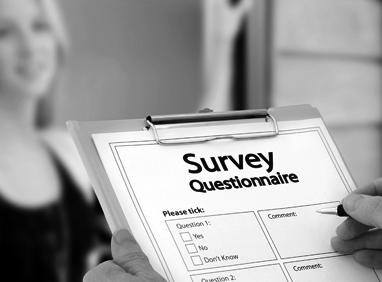Page updated: Friday 8 April 2022
There are a lot of questions about the COVID-19 and what it means for people from sexuality and gender diverse communities and people living with HIV.
As a health organisation, ACON has been keeping up to date with the latest news and developments regarding COVID-19. We continue to take guidance from state and federal health agencies and urge our communities to follow public health advice and government instructions.
We have compiled the following resources and links to provide our communities with the latest information on COVID-19.
COVID-19 Vaccination
NSW COVID-19 Vaccinations
Anyone over the age of 12 is eligible to get a COVID-19 vaccine. You can book your vaccination appointment at your nearest NSW Health vaccination site or GP, or find out whether locations around you are accepting walk-ins.
If you have questions, you can also speak to your GP.
For more information, visit the NSW Government COVID website here
About booster vaccinations
A booster vaccination can be given 5 or more months after your first 2 doses of the COVID-19 vaccine.
Studies show that the immunity created by COVID-19 vaccines begins to wane over time. A booster dose helps to strengthen your immune system and improve your long-term protection against serious illness from the COVID-19 virus.
The Pfizer and Moderna vaccines are recommended as boosters in Australia.
COVID-19 booster vaccines are not mandatory. They are highly recommended to continue to protect you, your loved ones and your community against COVID-19.
For more information, visit the NSW Government COVID website here
If you experiencing any ongoing issues relating to your mental health and the vaccine rollout, contact us on (02) 9206 2000 and acon@acon.org.au, or visit acon.org.au/mentalhealth.
General Information on COVID-19
Basic Information on COVID-19: What you need to know
[From the fact sheet Making Sense of COVID-19: LGBTIQ & HIV Communities, produced by AFAO, ASHM and NAPWHA. View the full fact sheet on the AFAO website here]
What is COVID-19?
COVID-19 is a respiratory illness caused by a novel (new) coronavirus. People with COVID-19 may not have symptoms but can still pass the virus on. Symptoms can range from a very mild illness to severe pneumonia. People with COVID-19 may experience fever and flu-like symptoms such as coughing, sore throat, fatigue and shortness of breath. Some people will recover quickly and easily, and others may get very sick very quickly.
How is COVID-19 transmitted?
COVID-19 is mainly transmitted through contact with droplets that contain a new coronavirus. This can happen through the air, for example, when someone coughs or sneezes, or through contact with surfaces that have the new coronavirus on them.
It can be helpful to visualise this. If a person has COVID-19, they might touch a surface and leave virus droplets on it. Another person touching that surface may then pick the droplets up on their hands and then touch their mouth, leading to infection.
This is why washing your hands is important, especially after touching surfaces and other people who might have COVID-19. It’s also why it is recommended to avoid touching your face.
How worried should I be?
COVID-19 is a serious health issue but there is no need for panic. Australia has a strong health system and our public health officials are world-class. You can trust their advice. Taking a few simple steps and doing a little planning can help you look after yourself and others.
How to protect yourself
Washing your hands and being careful with coughing and sneezing is the best defence against most coronaviruses:
- Wash your hands frequently with soap and water (try to do this for 20 seconds) or alcohol-based hand sanitiser, before and after eating, after going to the toilet and after coughing or sneezing.
- Avoid touching your face, particularly your nose, mouth and eyes.
- Cover your mouth and nose when coughing and sneezing (or cough and sneeze into the crook of your elbow) and dispose of tissues.
- Social distancing restrictions are now in place. This means you need to avoid contact with others (touching, kissing, hugging and other intimate contact) and check the latest official advice on seeing a doctor or self-quarantining if you are feeling unwell. With social distancing, remember to stay 1.5 metres away from other people. You do not need to wear a face mask unless you develop symptoms of COVID-19.
- People in NSW are required to wear masks while indoors, such as on public transport and in supermarkets. Find out more about mask recommendations from NSW Health here.
Who in our communities is at risk?
Our communities are diverse and COVID-19 will affect people differently. Some people will have few symptoms or may even be asymptomatic, some will have more severe symptoms and may need hospitalisation. Whilst we know that the people outlined below are more likely to experience the more severe symptoms – COVID-19 can be very serious for younger people as well. COVID-19 is very easily transmitted from person to person so it is important to be aware that even though you don’t have symptoms, you may be carrying the virus and passing it on to other people.
At present, the data tell us that COVID-19 is more serious for older people and those with a compromised immune system. This includes people with HIV who have a low CD4 count and people who have cardiovascular disease, cancer, chronic respiratory disease, hypertension, asthma and diabetes.
There are concerns for people in residential aged care because they are elderly and can be in poor health and COVID-19 can be transmitted readily in group settings.
Aboriginal and Torres Strait Islander people often experience poorer health outcomes and were more heavily impacted by the 2009 swine flu than other Australians. There are concerns they may be affected in a similar way again.
People with other health conditions may wish to take extra precautions to minimise their chances of getting COVID-19.
Protect Yourself and Others from COVID-19
Continue to protect yourself and others from COVID by following basic safety measures. By wearing a mask, practising good hygiene and observing physical distancing measures, we can safeguard our health and the health of our communities.
How to protect yourself and others
You can help stop the spread of COVID-19:
- wear a mask when out and about
- practice good hygiene by cleaning your hands thoroughly for at least 20 seconds with soap and water, or an alcohol-based hand rub
- cover your nose and mouth when coughing and sneezing with a tissue or a flexed elbow
- avoid close contact with anyone with cold or flu-like symptoms.
- stay home if you are sick or feel unwell
For more information on how to protect yourself and others, visit the NSW Government COVID-19 website.
Feeling unwell?
Anyone who is experiencing possible symptoms of COVID-19, including fever, coughing, sore throat, shortness of breath or any other respiratory symptoms are able to seek medical attention and testing.
- Call Healthdirect on 1800 022 222 (24-hour help line)
- Call your GP
- Visit the emergency department
For more information on symptoms and feeling unwell, visit the NSW Government COVID-19 website.
Stay informed
It’s important to remain informed about current developments. There is a lot of misinformation about COVID-19 so be sure you keep up-to-date via official sources, such as NSW Health and the Australian Department of Health.
NSW Health had developed an online resource dedicated to COVID-19. It is being updated frequently with the latest advice. That advice is based on evidence and the best analysis from public health officials. Visit the NSW Government COVID-19 website.
You can also check the Australian Department of Health website. The Department of Health has a Coronavirus hotline – 1800 020 080. Or you can speak to a nurse about any health issues by calling Health Direct on 1800 022 222. Both these services are free and operate 24/7.
If you or someone you know is travelling overseas or returning home, there is up-to-date advice on COVID-19 on the Australian Government’s Smart Traveller website.
Stay alert and stay safe
Continue to protect yourself and others from COVID by following basic safety measures.
- Limit your movements and the number of people you see
- Wearing a mask can help protect you and those around you
- Physical distancing reduces the risk of COVID infection
- Good personal hygiene slows the spread of COVID
- Ge3t your booster as soon as you’re eligible
Getting tested for COVID
There are different tests you can get to check if you have coronavirus.
- Rapid antigen tests: A rapid antigen test is a quick way to detect COVID-19.
- PCR tests: This is a nose and throat swab that is taken at a testing clinic and sent to a lab to be tested.
COVID testing requirement in NSW have changed. More information can be found at the NSW Government COVID website here.
For more information about staying safe, visit the NSW Government COVID website here.
Mental Health and COVID-19
Dealing with Stress and Anxiety During COVID-19
To assist our communities, we’ve developed a resource on how to deal with stress and anxiety during COVID-19. Download the resource (PDF) here.
The outbreak of the novel coronavirus (COVID-19) may lead to stress and anxiety for some of us. Feeling overwhelmed by strong emotions during times like these is totally understandable. Coping with distress and fear in a healthy way will help ensure that you, your loved ones and everyone in our communities stay strong and resilient during this time.
CHECK IN
Check in with family, friends, neighbours, colleagues and loved ones. Do it by phone, SMS or online. It always helps to talk. Acknowledging your own feelings of distress and discussing this can also help you manage anxiety and stress.
MAINTAIN CONNECTIONS
Start a group chat, hang out through video conferencing, share pictures of your outfits or something positive that happened to you recently. Social distancing does not mean social isolation. Think of it as physical distancing instead.
STAY CONNECTED TO COMMUNITIES
While the places we hang out are temporarily unavailable, we can still keep in touch with our communities. Follow your favourite event/bar/club on social media, listen to a queer podcast, watch or read LGBTQ media. Fostering a sense of community is important at this time.
TAKE A BREAK
Take a break from your newsfeed and focus on something else. Replace the time you spend on social media or watching the news with an activity that’ll nourish and entertain your heart and mind: read a book, indulge in your favourite TV show, bake some goodies or play a game on your phone.
SET A ROUTINE
If you’re self-isolating, in quarantine or working from home, set and maintain routines. Make time for exercise using YouTube or a fitness app, cooking your favourite meals, getting in touch with friends. If you’re working remotely, allocate specific work hours and take regular breaks.
UNLEASH YOUR CREATIVITY
A creative project will help focus the mind. Dust off your painting kit or reorganise your décor. Do an online language course or download a yoga app. There are thousands of tutorials on YouTube on just about any hobby – so why not learn how to knit, draw, dance? The digital world is your oyster.
HAVE A BALANCED PERSPECTIVE
It’s natural to be affected by the outbreak of any new disease. Just remember that, for most people, the symptoms of COVID-19 are mild and similar to a flu. Australia has one of the world’s best healthcare systems. Everything is being done to ensure communities are safe and protected.
HELP OTHERS
Happiness is helping others and it is also good for your mental health. Look out for those in your own personal networks who may need support. Look in on your mates to see if you can help with essential supplies, or send an order of goodies to someone who may be doing it tough.
REMEMBER
This is temporary. Physical distancing measures are enforced to slow the spread of COVID-19. We must all play our part. Our communities have rallied together in times of adversity to care for each other before, and we will do so again. We’re all in this together.
WE’RE HERE FOR YOU
ACON provides confidential counselling to people in our communities seeking support in relation to their mental health and wellbeing. Contact ACON on (02) 9206 2000 or 1800 063 060 or visit the ACON Mental Health page here.
You can also get in contact with other mental health services including QLife on 1800 184 527, beyondblue on 1300 22 4636 or Lifeline on 13 11 14.
This resource has been put together by ACON counsellors.
Alcohol and Other Drugs Support During COVID-19
Between the Lines: ACON’s Guide to Community Harm Reduction
Between the Lines is a one-stop-shop for sexuality and gender diverse people who are looking for support in relation to their alcohol and other drug (AOD) use, which may be becoming difficult to manage and starting to negatively impact on their lives.
As well as information on AOD and helpful strategies on quitting or reducing use, Between the Lines features an online self-assessment tool allowing visitors to gauge the risks from their AOD use, directories for resources, and services that offer assistance to those seeking support. Pivot Point also has a blog featuring personal stories from community members, harm reduction tips, and helpful information for our communities related to news and current events in the AOD arena.
Visit Between the Lines for AOD related information, resources and support.
Alcohol, COVID-19 & Our Communities
It may feel normal to drink more alcohol than usual in response to the stressors associated with COVID-19. Evidence shows that on the whole sexuality and gender diverse people drink more than the general population. Our drinking is not always harmful but can be harmful when we drink too much in one sitting or if we drink too frequently. If in the time of COVID-19 you find yourself drinking more than usual ACON has some strategies to help you reduce alcohol related harms and to modify drinking behaviours.
Read the full article on Pivot Point.
Crystal, COVID-19 & Our Communities
In times of stress some of us who use crystal may use more crystal to cope. It’s normal to feel cravings when our everyday routines change. On the whole sexuality and gender diverse people use crystal more than the general population. Our use is not always harmful but can be harmful when we use too much in one sitting or if we use too frequently. If you find yourself using more crystal than usual, ACON has strategies to help you reduce harms, modify patterns of use, and reduce the risk of transmission of COVID-19 while using crystal for sex.
Read the article on Pivot Point.
Domestic and Family Violence and COVID-19
Domestic and Family Violence Support Services
ACON provide counselling and care coordination support for LGBTQ+ people who have experienced sexual, domestic and/or family violence. For more information or to undertake a brief intake assessment, please contact your nearest ACON office or to enquire about making an appointment click here.
1800RESPECT Helpline
Information and support for anyone in Australia experiencing DFV or sexual assault, 24 hours/day, 7 days/ week. The website has an LGBTIQ specific information section.
1800 737 732
1800respect.org.au
Full Stop Australia
Counsellors are available 24 hours a day, seven days a week via telephone or online chat. We also provide face to face counselling in a number of locations across NSW.24/7 telephone and online crisis counselling service for anyone in NSW who has experienced or is at risk of sexual assault and their non offending supporters.
1800 385 578
fullstop.org.au
RSPCA – Safe Beds for Pets
Provides temporary safe housing for pets of LGBTIQ people who are escaping domestic violence.
(02) 9782 4408
rspcansw.org.au
NSW Victims Services
Confidential support, free counselling, financial assistance, referral and information for all victims of DFV in NSW.
1800 633 063
Aboriginal Line: 1800 019 123
victims services.justice.nsw.gov.au
Mensline
Australian wide telephone counselling (6 sessions) and referrals for men.
1300 789 978
mensline.org.au
Lifeline
National crisis and suicide prevention telephone counselling, 24 hours/day, 7 days/week.
13 11 14
lifeline.org.au
Aboriginal Community Controlled Health Services (known as Aboriginal medical services/AMS)
ACCHS are health services initiated by Aboriginal people, based in a local Aboriginal community, which delivers a wholistic and culturally appropriate health service. To find the contact details of your nearest service visit:
health.nsw.gov.au/aboriginal pages/contact.aspx
Wirringa Baiya Aboriginal Women’s Legal Service
Legal advice and support for a range of issues, including DFV. For all women LBTI inclusive.
1800 686 587
wirringabaiya.org.au
To find additional services, or services outside of NSW, see Say It Out Loud’s National Service Finder here.
LGBTIQ+ Specific Services
These services are only available to call during office hours, unless otherwise specified.
ACON
LGBTQ+I health organisation offering information, referrals, counselling, advocacy and practical support for LGBTQ+I people in NSW experiencing DFV.
(02) 9206 2000
acon.org.au
Say it Out Loud
Provides information and support for LGBTQ+ people to have healthy intimate and family relationships, get help for unhealthy or unsafe relationships and support their friends. We also have a focus on consent and sexual violence.
sayitoutloud.org.au
Inner City Legal Centre, Safe Relationships Project
Free legal advice and court support for LGBTIQ+ people experiencing DFV in NSW.
(02) 9332 1966
iclc.org.au/our-services/safe-relationships-project
QLIFE
Free telephone and web-based counselling, referrals and support for LGBTQ+I people and their families.
3pm – 12am every day.
1800 184 527
qlife.org.au
Twenty10
Provide a wide range of support services across New South Wales supporting people of diverse genders, sexes and sexualities, their families and communities, including specialised services for young people (12-26), such as case management, counselling and supported accommodation. As well as information, referral and support for all ages.
(02) 8594 9555, rural free call: 1800 65 2010
twenty10.org.au
Rainbow Sexual, Domestic and Family Violence Helpline
For anyone in Australia who is from the LGBTQIA+ community who has recently or in the past experienced sexual domestic or family violence. Family members, friends and supporters of someone from the LGBTQIA+ community who has experienced sexual domestic or family violence. Others who may be impacted by violence targeted toward the LGBTQIA+ community, including professionals.
1800 497 212, available 24/7
fullstop.org.au/get-help/our-services/rainbowviolenceandabusesupport
The Gender Centre
Provides services such as counselling, accommodation, outreach and support for transgender, gender queer and gender questioning people in NSW.
(02) 9569 2366
gendercentre.org.au
InterLink
InterLink brings people together to talk about living with innate variations in sex characteristics with the support of trained counsellors and intersex peer workers
07 3017 1724
ilink.net.au
To find additional services, or services outside of NSW, see Say It Out Loud’s National Service Finder here.
DFV, Self Isolation and COVID-19 (1800RESPECT)
For some people, home is not the safest place. Self isolation and increased stress during COVID-19 will likely see an increase in domestic violence incidents.
National domestic and family violence counselling service 1800RESPECT has developed an important resource on how to keep safe and access DFV support during the pandemic.
Visit the 1800RESPECT resource.
ACON Service Updates During COVID-19
ACON Sydney (Head Office)
ACON Head Office in Surry Hills is currently operating Monday to Friday, 10am to 5pm, with limited reception staff.
Contact ACON Sydney – Head Office
Address: 414 Elizabeth Street, Surry Hills
Telephone: 02 9206 2000
Freecall: 1800 063 060
Email: acon@acon.org.au
ACON Regional Offices (Hunter and Northern Rivers)
During the current COVID-19 situation, ACON Regional Offices in the Hunter and the Northern Rivers (including Needle and Syringe Programs) are continuing to operate normally. Our branches in the Hunter and Northern Rivers will be open:
- Monday to Friday, 9am-5pm
Contact ACON Regional Offices:
ACON Hunter
Address: 129 Maitland Road, Islington
Telephone: 02 4962 7700
Freecall: 1800 063 060
Email: hunter@acon.org.au
ACON Northern Rivers
Address: Suite 4P Conway Court, 17 Conway Street, Lismore
Telephone: 02 6622 1555
Freecall: 1800 633 637
Email: northernrivers@acon.org.au
a[TEST] and HIV/STI Peer Testing Services
a[TEST]
ACON’s a[TEST] Oxford St (167 Oxford St, Darlinghurst) continues to operate, providing our communities access to rapid HIV testing and STI screenings.
- Open from Monday to Saturday from 11am-6.15pm.
- By appointment only. Until further notice, walk-in service has been suspended.
- For more information or to make an appointment, visit the Ending HIV website here.
Other ACON testing services will be temporarily closed until further notice including a[TEST] Kings Cross, a[TEST] Newtown, a[TEST] Surry Hills, trans[TEST], a[TEST] Chinese Clinic and Check OUT: LGBTIQ+ Sexual Health Clinic.
Check OUT: LGBTIQ+ Sexual Health Clinic
Check OUT is closed until further notice.
If your appointment with Check OUT was urgent, or you have any concerns, please contact our clinical partner Family Planning NSW via their site or on 1300 658 886 (Monday to Friday, 8:30am-5pm)
You can also contact the NSW Sexual Health InfoLink, which is run by NSW Health and is staffed by sexual health nurses. You can call them on 1800 451 624 (Monday to Friday, 9.00am-5.30pm) with any questions or concerns about sexual health and/or cervical screening and they can direct you to services for testing in your area.
More information can be found here.
The Meeting Centre (Sydney)
The ACON Meeting Centre (Level 3, 414 Elizabeth Street, Surry Hills) will be closed until further notice.
Other Support Services During COVID-19
Mental Health Services
Contact a service:
ACON: 02 9206 2000 | ACON Counselling
QLife: 1800 184 527 | qlife.org.au
Lifeline: 13 11 14 | lifeline.org.au
beyondblue: 1300 22 4636 | beyondblue.org.au
Reach Out: reachout.com
Suicide Call Back Service: 1300 659 467
NSW Mental Health Access Line: 1800 011 511
Link2home (Crisis accommodation): 1800 152 152
In an emergency, dial Triple Zero: 000
Further resources:
Head to Health
Head to Health can help you find digital mental health services from some of Australia’s most trusted mental health organisations. Provided by the Australian Department of Health, Head to Health brings together apps, online programs, online forums, and phone services, as well as a range of digital information resources. Head to Health has specific information on mental health support during COVID-19.
Visit Head to Health.
HIV Support Services
ACON
We’re here to help people with HIV take control of their health by providing up-to-date information as well as a range of programs and services. Visit ACON HIV Support.
Positive Life NSW
Positive Life NSW is the state-wide peer based non-profit organisation that speaks for and on behalf of people living with and affected by HIV (PLHIV) in NSW. Visit Positive Life NSW.
Bobby Goldsmith Foundation
BGF is Australia’s longest-running HIV charity, providing financial, practical and emotional support for people living with HIV. Visit BGF.
Trans and Gender Diverse Communities Support Services
TransHub
ACON online platform providing information and resources for TGD people, their allies, friends, family and loved ones. Visit TransHub.
Twenty10 incorporating GLCS NSW
Provides a range of support services and social spaces for people of diverse genders, sexualities and sexes in NSW. Services are aimed specifically at people aged under 26. Visit Twenty10.
The Gender Centre
Provides information and support to trans and gender-diverse people in NSW. Visit The Gender Centre.
Trans Pride Australia
Social and support group for trans and gender diverse people and their loved ones in Australia. Visit Trans Pride Australia.
Alcohol and Other Drugs Support Services
Pivot Point
An online resource produced by ACON linking members of the LGBTQ community to information and support relating to alcohol and other drug (AOD). As well as information on AOD and helpful strategies on quitting or reducing use, Pivot Point features an online self-assessment tool and directories for resources and services for those seeking support.
Domestic and Family Violence Support Services
ACON provide counselling and care coordination support for LGBTQ+ people who have experienced sexual, domestic and/or family violence. For more information or to undertake a brief intake assessment, please contact your nearest ACON office or to enquire about making an appointment click here.
1800RESPECT Helpline
Information and support for anyone in Australia experiencing DFV or sexual assault, 24 hours/day, 7 days/ week. The website has an LGBTIQ specific information section.
1800 737 732
1800respect.org.au
Full Stop Australia
Counsellors are available 24 hours a day, seven days a week via telephone or online chat. We also provide face to face counselling in a number of locations across NSW.24/7 telephone and online crisis counselling service for anyone in NSW who has experienced or is at risk of sexual assault and their non offending supporters.
1800 385 578
fullstop.org.au
RSPCA – Safe Beds for Pets
Provides temporary safe housing for pets of LGBTIQ people who are escaping domestic violence.
(02) 9782 4408
rspcansw.org.au
NSW Victims Services
Confidential support, free counselling, financial assistance, referral and information for all victims of DFV in NSW.
1800 633 063
Aboriginal Line: 1800 019 123
victims services.justice.nsw.gov.au
Mensline
Australian wide telephone counselling (6 sessions) and referrals for men.
1300 789 978
mensline.org.au
Lifeline
National crisis and suicide prevention telephone counselling, 24 hours/day, 7 days/week.
13 11 14
lifeline.org.au
Aboriginal Community Controlled Health Services (known as Aboriginal medical services/AMS)
ACCHS are health services initiated by Aboriginal people, based in a local Aboriginal community, which delivers a wholistic and culturally appropriate health service. To find the contact details of your nearest service visit:
health.nsw.gov.au/aboriginal pages/contact.aspx
Wirringa Baiya Aboriginal Women’s Legal Service
Legal advice and support for a range of issues, including DFV. For all women LBTI inclusive.
1800 686 587
wirringabaiya.org.au
To find additional services, or services outside of NSW, see Say It Out Loud’s National Service Finder here.
LGBTIQ+ Specific Services
These services are only available to call during office hours, unless otherwise specified.
ACON
LGBTQ+I health organisation offering information, referrals, counselling, advocacy and practical support for LGBTQ+I people in NSW experiencing DFV.
(02) 9206 2000
acon.org.au
Say it Out Loud
Provides information and support for LGBTQ+ people to have healthy intimate and family relationships, get help for unhealthy or unsafe relationships and support their friends. We also have a focus on consent and sexual violence.
sayitoutloud.org.au
Inner City Legal Centre, Safe Relationships Project
Free legal advice and court support for LGBTIQ+ people experiencing DFV in NSW.
(02) 9332 1966
iclc.org.au/our-services/safe-relationships-project
QLIFE
Free telephone and web-based counselling, referrals and support for LGBTQ+I people and their families.
3pm – 12am every day.
1800 184 527
qlife.org.au
Twenty10
Provide a wide range of support services across New South Wales supporting people of diverse genders, sexes and sexualities, their families and communities, including specialised services for young people (12-26), such as case management, counselling and supported accommodation. As well as information, referral and support for all ages.
(02) 8594 9555, rural free call: 1800 65 2010
twenty10.org.au
Rainbow Sexual, Domestic and Family Violence Helpline
For anyone in Australia who is from the LGBTQIA+ community who has recently or in the past experienced sexual domestic or family violence. Family members, friends and supporters of someone from the LGBTQIA+ community who has experienced sexual domestic or family violence. Others who may be impacted by violence targeted toward the LGBTQIA+ community, including professionals.
1800 497 212, available 24/7
fullstop.org.au/get-help/our-services/rainbowviolenceandabusesupport
The Gender Centre
Provides services such as counselling, accommodation, outreach and support for transgender, gender queer and gender questioning people in NSW.
(02) 9569 2366
gendercentre.org.au
InterLink
InterLink brings people together to talk about living with innate variations in sex characteristics with the support of trained counsellors and intersex peer workers
07 3017 1724
ilink.net.au
To find additional services, or services outside of NSW, see Say It Out Loud’s National Service Finder here.
Legal Advice and Support
HIV/AIDS Legal Centre (HALC)
Providing free and comprehensive legal assistance to people in NSW with HIV or Hepatitis-related legal matters. Visit HALC.
Inner City Legal Centre (ICLC)
The Inner City Legal Centre provides a state-wide specialist free legal advice service for anyone who identifies as LGBTIQ throughout NSW. Visit ICLC.
Community Legal Centres
Community Legal Centres provide free legal advice, referrals and some representation to people who live and work in their area. Visit CLC NSW.
Seniors Rights Service
Seniors Rights Service provides free and confidential telephone advice, aged care advocacy and support, legal advice and rights-based education forums to seniors across New South Wales. Visit Seniors Rights Service.
